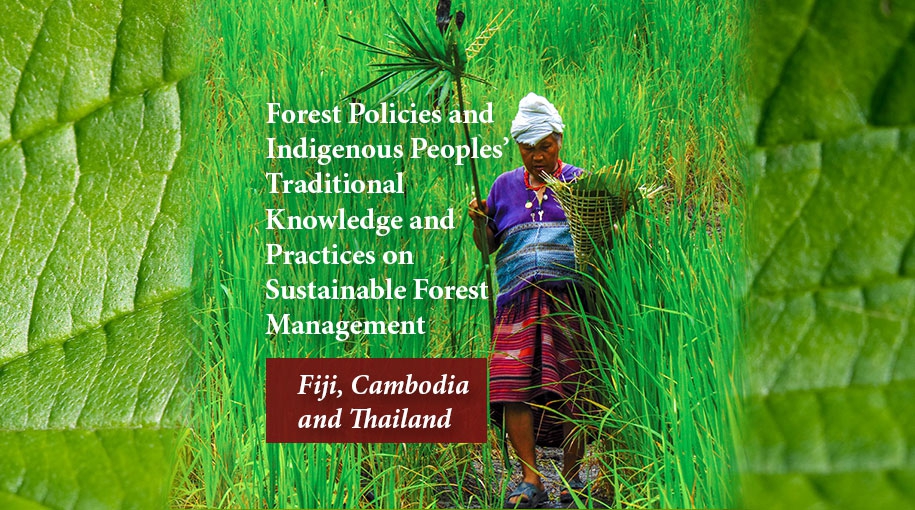Indigenous peoples and forests are mutually constitutive. Certain natural forests have been developed as part of indigenous peoples’ territories. Previous studies show evidence of a long history of forest resource management by indigenous peoples globally (de Chavez, 2013; Poffenberger, 2000; Davis and Wali, 1994). Forests are essential for indigenous peoples’ survival as these pave the way toward food security and sustainable livelihoods (FAO, 2019). Forest affinity is strongly illustrated in how indigenous peoples customarily conserved forests for many years. They have used forests in many ways without putting at risk the same resource for future generations. These traditional conservation practices used distinct forest traditions that form an Indigenous Knowledge System. With this body of knowledge, indigenous peoples have learned to plot the future as they continuously navigate the forests. Indigenous forests have built up over years of being managed and developed according to customary laws.
Traditional forest management practices are increasingly recognized in formal forestry regimes. But in some developing countries, the laws are either silent or oppose them. Three country case studies (Cambodia, Thailand, and Fiji) have been commissioned by Tebtebba Foundation (Indigenous Peoples’ International Centre for Policy Research and Education) to look into policies on forests and indigenous peoples’ traditional knowledge and practices on sustainable forest management. This regional research is part of the Forest Carbon Partnership Facility (FCPF) Capacity Building Program on REDD+ for Forest Dependent Indigenous Peoples in East Asia and the Pacific and South Asia Region Project.
The research project had the following objectives: 1) Conduct in-depth study of distinct and existing traditional knowledge and practices on forest and forest management of indigenous peoples and the customary laws and institutions that govern these taking into account gender differentiated roles, access to resources, land, benefits and decision making; 2) Study government policies and programs that reinforce and/or hinder/weaken the practice and transfer of traditional forest management of indigenous peoples; and 3) Generate policy recommendations towards the strengthening of indigenous knowledge systems and traditional forest management practices in REDD+ implementation.


